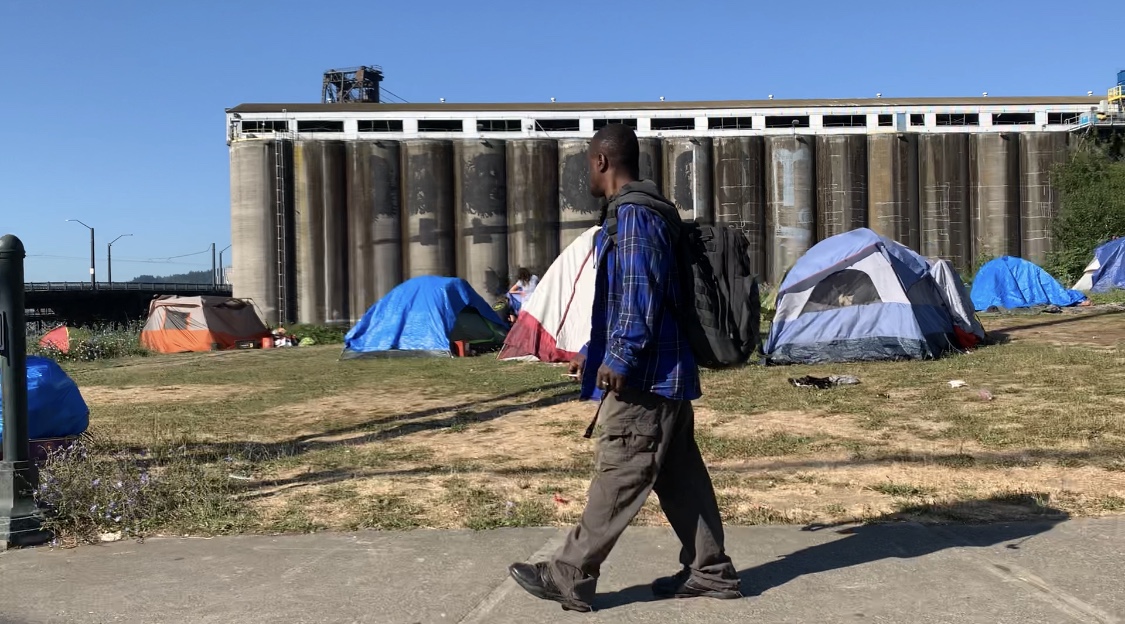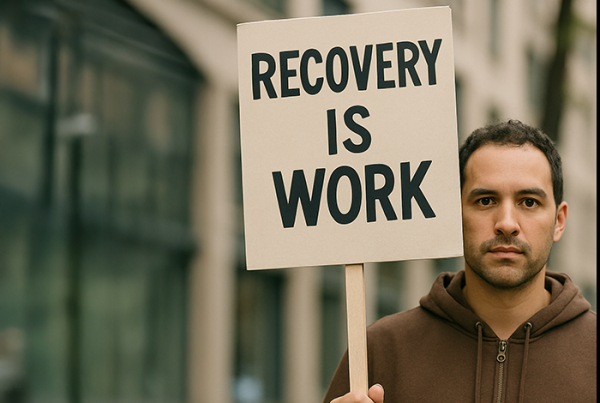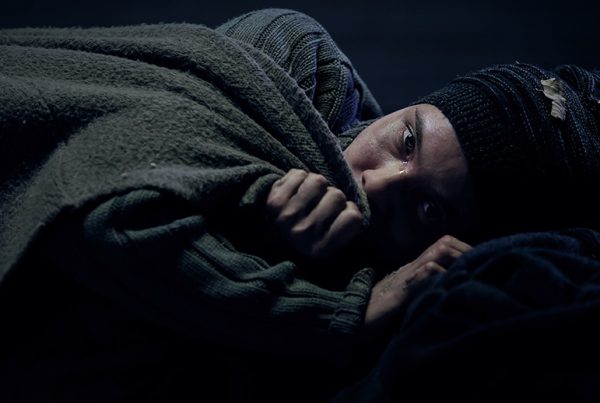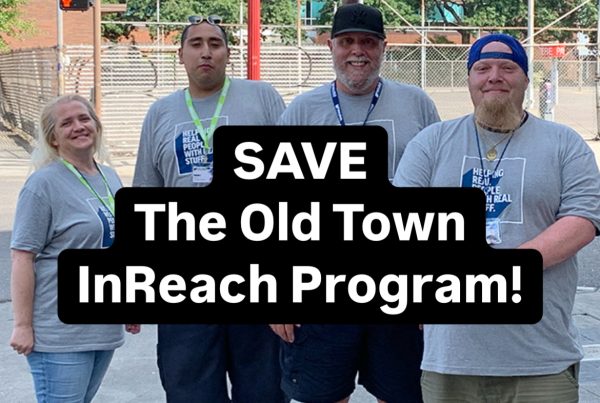By Scott Kerman, Executive Director
This story was originally published in The Oregonian.
Portland’s houseless residents have endured horrific living conditions these past 16 months. The pandemic caused a humanitarian crisis leaving many without sufficient shelter, food, sanitation and services. Their humanity has been assaulted by living in degradation with unending exposure to the elements, including dangerous weather and wildfire smoke.
We witness their suffering daily here at Blanchet House in Old Town/Chinatown, where we offer meals, clothing and transitional shelter. And we have seen how the challenging conditions brought on by the pandemic have only exacerbated the effects of abuse, neglect, post-traumatic stress disorder and traumatic brain injuries that are unfortunately common among those we serve. Compared to before the pandemic, the number of Blanchet House guests who experience delirium, hallucinations and symptoms of trauma has grown significantly.
Portland and Multnomah County have provided emergency housing for hundreds of individuals, and we applaud the plan to erect temporary village-style communities. Unfortunately, for many of the people Blanchet House feeds, it won’t be enough.
Their untreated mental health problems make it difficult not only to shelter them, but also to provide them the kinds of services that organizations like ours offer. We often see people come to our doors in catatonic states, unable to communicate with us; others may exhibit drug-induced aggression to our staff or other clients; and still others experience heightened crisis on site for which we lack the expertise to address. If people are unable to safely and reliably access such basics as meals, how can we help them out of houselessness?
We need a bold, innovative response that provides targeted support for helping those whose mental health challenges have been worsened by the pandemic.
One plan I propose is to form teams of mental health and peer support specialists – professionals trained to de-escalate crisis in ways that promote safety and dignity – to regularly show up at nonprofits like ours during times that we are providing our services. These teams would be able to assist clients who are unresponsive, stabilize those who are in a crisis and help ensure that everyone present is able to access the nonprofit’s services before heading off to the next organization’s scheduled service.
Because they will be out and about in the community, they will be able to respond within seconds to a crisis unlike other response teams that require 911 to be called.
Since many of the people Blanchet House serves receive aid elsewhere, these expert teams will develop relationships across nonprofit organizations. They will get to know the specialized needs of our clients and can work with them to access services, including housing.
I’m confident that consistent, expert support will be effective. For the past eight months, Blanchet House has had a peer support specialist on-site during our weekday lunch and dinner hours. This has made a significant difference for our meal guests, helping to provide resources, make referrals to shelters and calm situations before they escalate. But the expense is too great for our organization to have such specialists on hand for our three mealtimes. It’s far more efficient to have teams serve multiple agencies.
Collaboration among public and private agencies has never been stronger. We need state, county and nonprofit leaders to come together and leverage our existing infrastructure to build out a safety net such as this. We’ve all seen the toll that the pandemic has taken on our houseless residents. How we will address it as a community is up to us.
Contact Scott Kerman at skerman@blanchethouse.org.


















